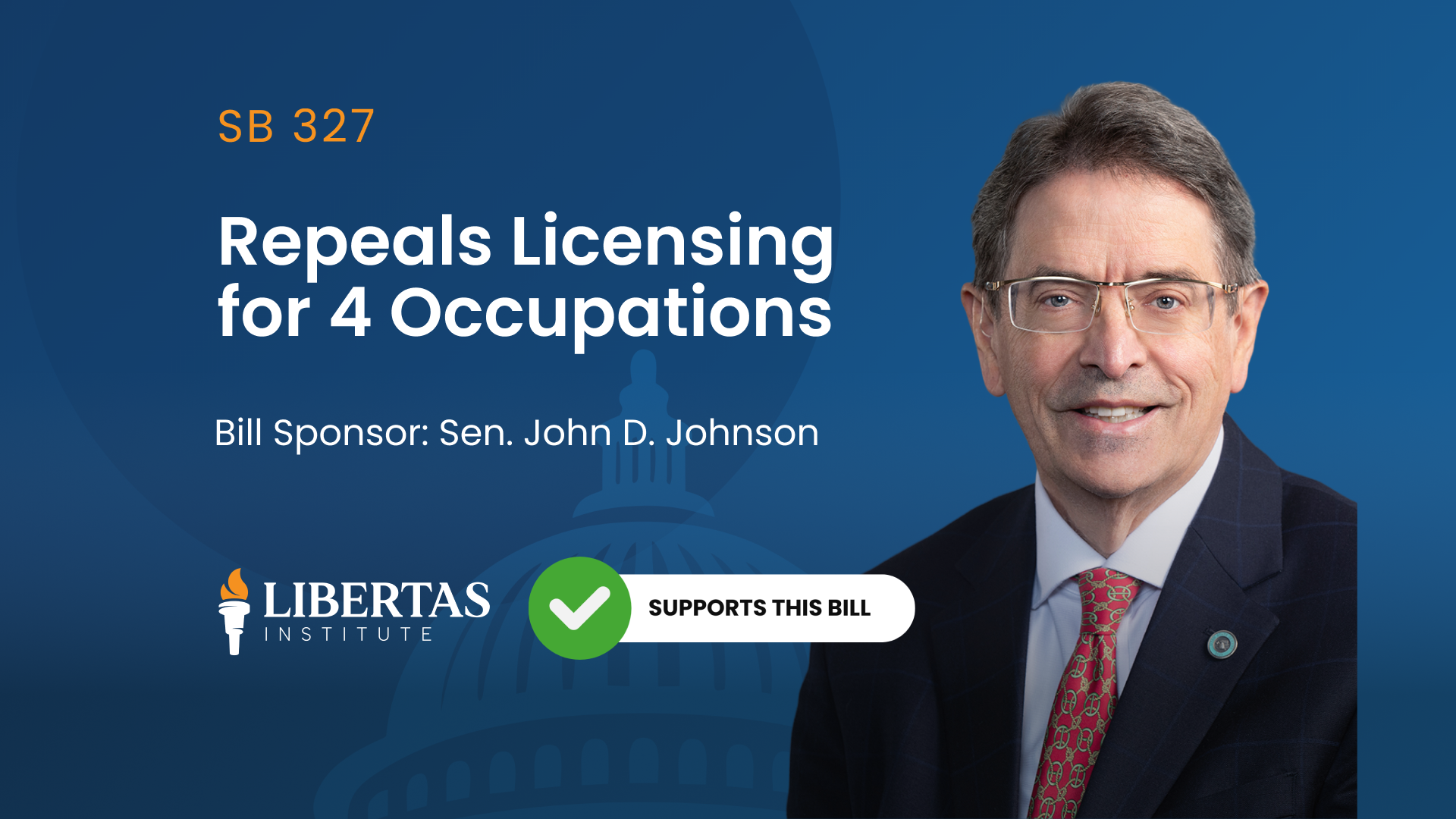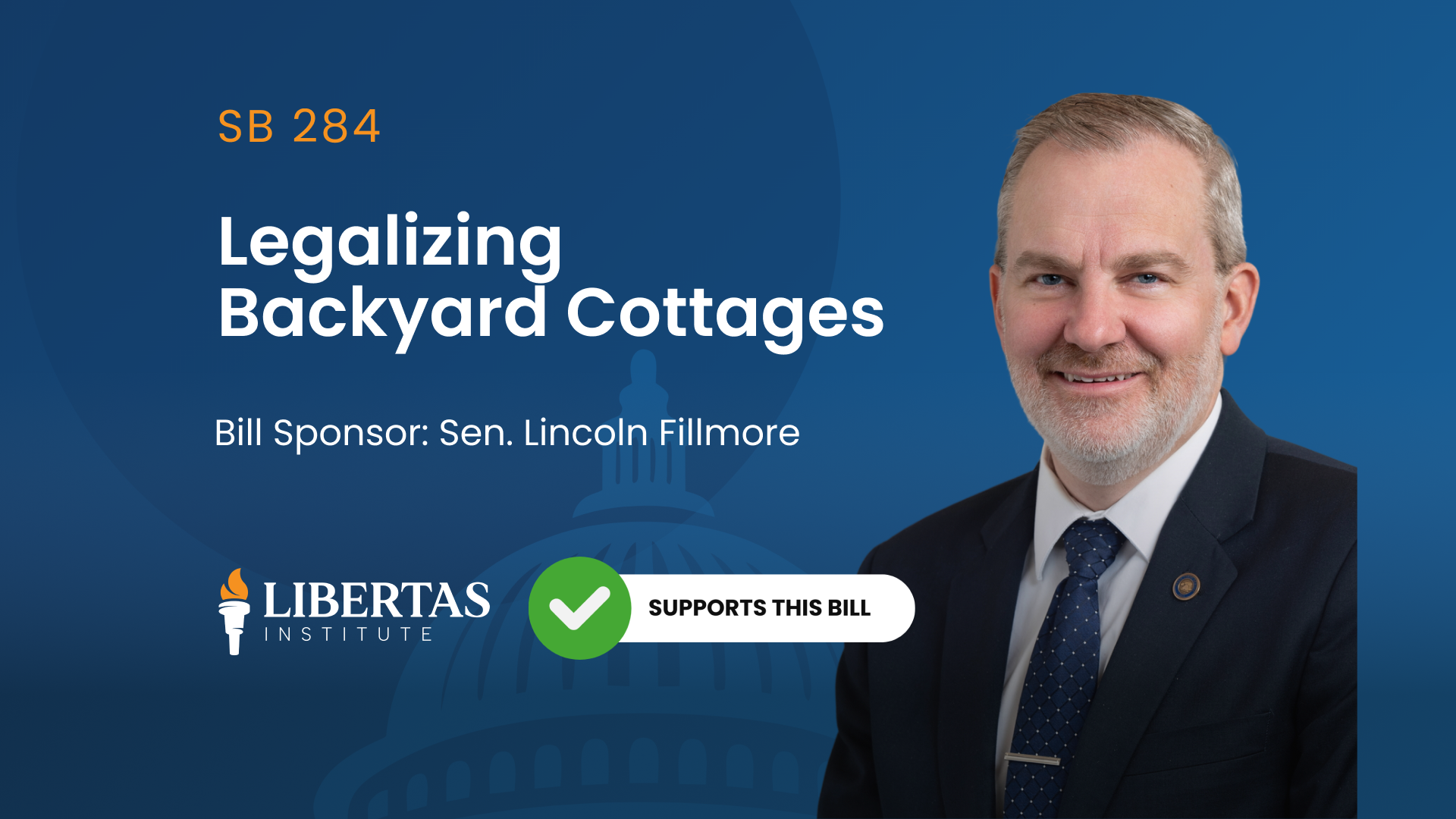This bill was held in the House Rules Committee and was never heard. Libertas Institute supports this bill
Almost every state in the country keeps a prescription drug monitoring database to ensure that doctors and pharmacists are able to properly assess a patient’s past history with drugs to spot things like patterns of substance abuse before prescribing them further. Stored in the tracking system is a substantial amount of deeply personal and sensitive information about individuals. This is why the database is only accessible by a restricted list of individuals for health and safety reasons.
Unfortunately, these databases are subject to abuse and scope creep from non-medical persons who have attempted to gain access to this sensitive information for law enforcement and prosecutorial purposes.
In 2014, the DEA tried to gain access to Oregon’s database for this exact purpose. Despite Oregon’s law requiring government to obtain a warrant, the DEA claimed no warrant was needed under federal law. The ACLU brought a lawsuit against the DEA and won. A federal judge agreed with them and stated that a warrant is indeed needed in order for law enforcement to gain access to the medical records stored within the database. The court ruled patients have a reasonable expectation of privacy in their medical records.
Unfortunately, this 2014 decision was reversed in 2017. However, the court that made the reversal recognized the sensitivity and privacy concerns surrounding medical information, stating that strong legal boundaries are needed to protect this information. Now these laws remain open to further legal challenges.
To address this safety concern here in Utah, Representative Travis Seegmiller is sponsoring House Bill 362. Utah law already has a warrant requirement in place for state and local law enforcement, but this bill takes extra precautionary measures to uphold individual privacy. Following the lead of 16 other states, this bill would place a time requirement on how long an individual’s personal drug information can be stored by the government. In 2020, it would require the state to purge certain identifying information about each individual after a period of 24 months.
This 24 month requirement allows a substantial amount of time to look back in a person’s record and identify any abuse for the purpose of medical evaluation or legal investigation.
Before the 24 month rule takes effect, HB 362 would task the state with a study of the appropriate retention schedule of records kept in the database. This will help policy makers with future decisions about how to maintain the database.
This bill helps uphold individual privacy of medical records to mitigate the possibility of abuse that comes with any extensive storage of private material.




